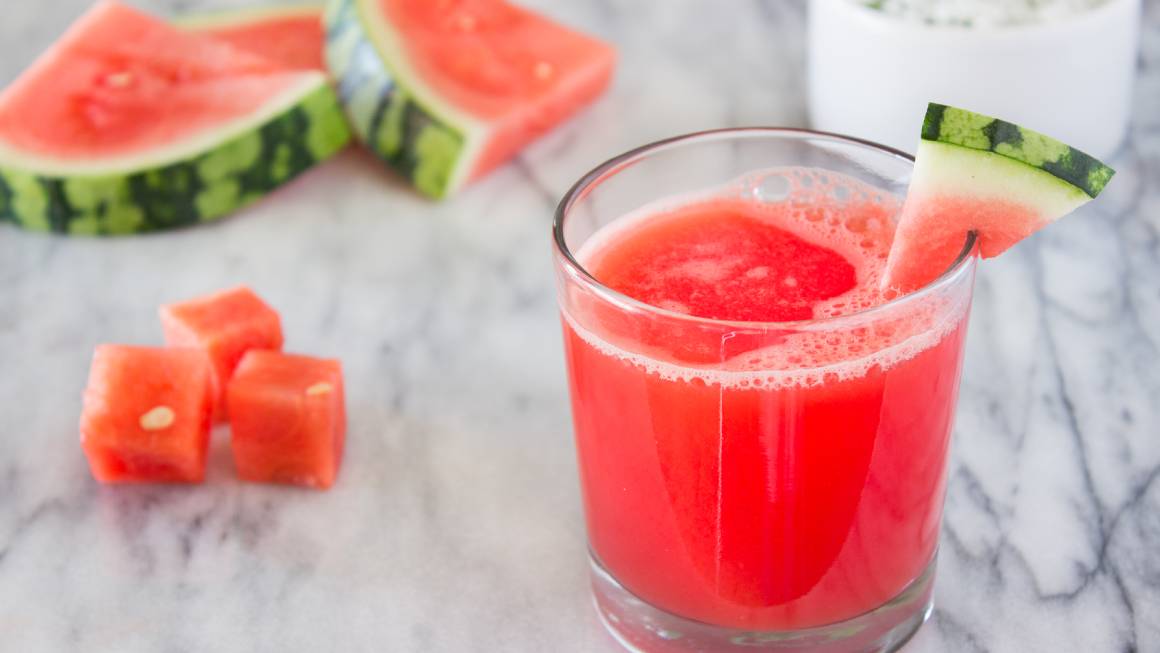Fasting is one of the key pillars of Islam. During the holy month, Muslims fast from dawn to dusk. During the fast, any food or drink is not consumed. Islam followers strongly believe that fasting teaches modesty, patience and spirituality. Meals consumed before dawn is called Suhoor and food eaten after sunset is called Iftar. The fast is strictly followed even by all adult Muslims. Well, there are exemptions for the elderly, mentally ill, sick, pregnant women and women during their menstruation period from the fasting. Usually, in some Muslim communities, people who miss the fasting during Ramadan involve in charity like feeding the poor and unprivileged at the time of Suhoor and Iftar meals.

This year, the way holy month is observed has changed due to prevention measures followed against the rise of the pandemic. According to experts, many people make mistakes while drinking water during Ramadan. We need to understand the facts about hydration and make sure our body has sufficient fluids to avoid dehydration.
Suhoor and Iftar Meals

During the holy month, primarily two main meals are served- Suhoor, served before sunrise and Iftar, served after sunset. Suhoor should be a healthy meal to provide the energy required throughout the day of fasting. It ends when sunrises and a morning prayer fajr begins. At the end of the day, when the sun sets Maghrib prayer is performed, the day’s fast is broken with Iftar meals. So, Muslims can resume eating and drinking throughout the night until the next day’s Suhoor.
How Fasting Affects Our Body?

During the fasting hours when food and drinks are not taken, the body uses carbohydrates and fat to give energy from the foods consumed during the Iftar meal. Our kidneys preserve water by reducing the amount of urine lost. Depending on the weather and hours of fasting, most people experience tiredness, headache and dizziness. Supply enough fluids to your body after breaking the fast to get rid of dehydration.
How Does Our Body Use Water?

The main concern during fasting is ensuring our body has an adequate amount of fluids. There are misconceptions surrounding it, like drinking large quantities of water can overcome dehydration and relieves thirst throughout the day. This is not true, it is required to intake enough amount of water evenly during the non-fasting hours. There is no point of drinking too many glasses of water just before the beginning of the fast. Because our body absorbs what it needs and gets rid of the excess water in the form of urine.
Better to Avoid Thirst Triggering Foods

People generally underestimate the dehydration levels and its adverse effects on the body during Ramadan. Many of them drink cold water with an assumption that it will quench their thirst. Also, people try drinking beverages, juices, coffee and tea excessively. But to be precise, these habits tend to increase thirst during the daytime and doesn’t replace the water lost during your fasting. Choose foods that are rich in water content and avoid sweets, fried & salty foods which induce thirst. Eat foods that are rich in carbohydrates, fiber and proteins to keep yourself active. Order your fresh fruits & vegetables online at QualityFood, Supermart and El Grocer. Limit yourself on consuming coffee and tea, these are more likely to deplete water from your body.
Understanding Our Body’s Requirements

Many people have a wrong notion that they need not keep themselves hydrated due to lesser working hours and physical activity during Ramadan. It is a must to consume at least 8-12 glasses of water daily. Always have 1-2 glasses of water before and after every meal and do not wait till you get thirsty. When it comes to hydration, the temperature of the water doesn’t matter though some studies reveal that lukewarm water helps in digestion. Furthermore, packaged bottled water is free of impurities and nutrient-rich. Mineral water has magnesium and calcium which plays a key role in regulating glucose levels and blood pressure, also helps in digestion.
Follow the above tips to ensure consistent hydration in your body. Avoid oily foods and desserts which deplete water levels in your body. Eat more fresh fruits and salads to get ample energy during your fasting hours. Remember to consume 8-12 glasses of water every day to get rid of dehydration.




